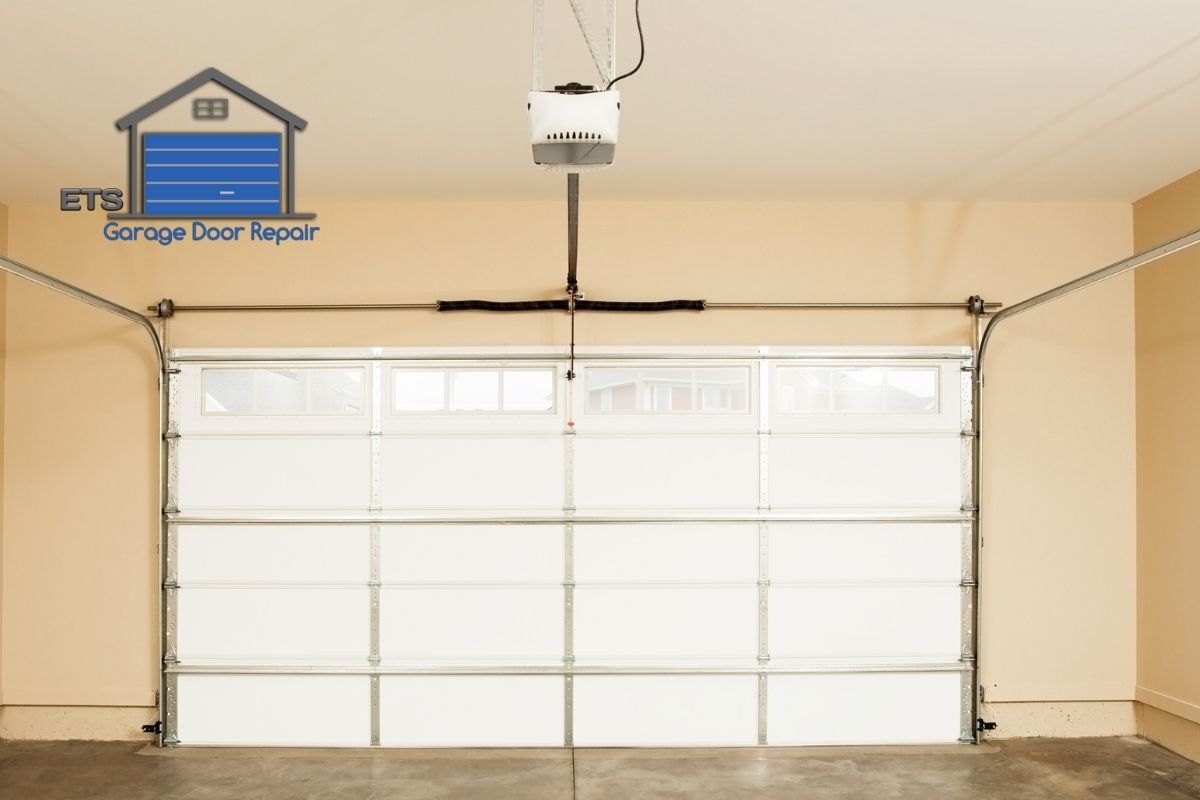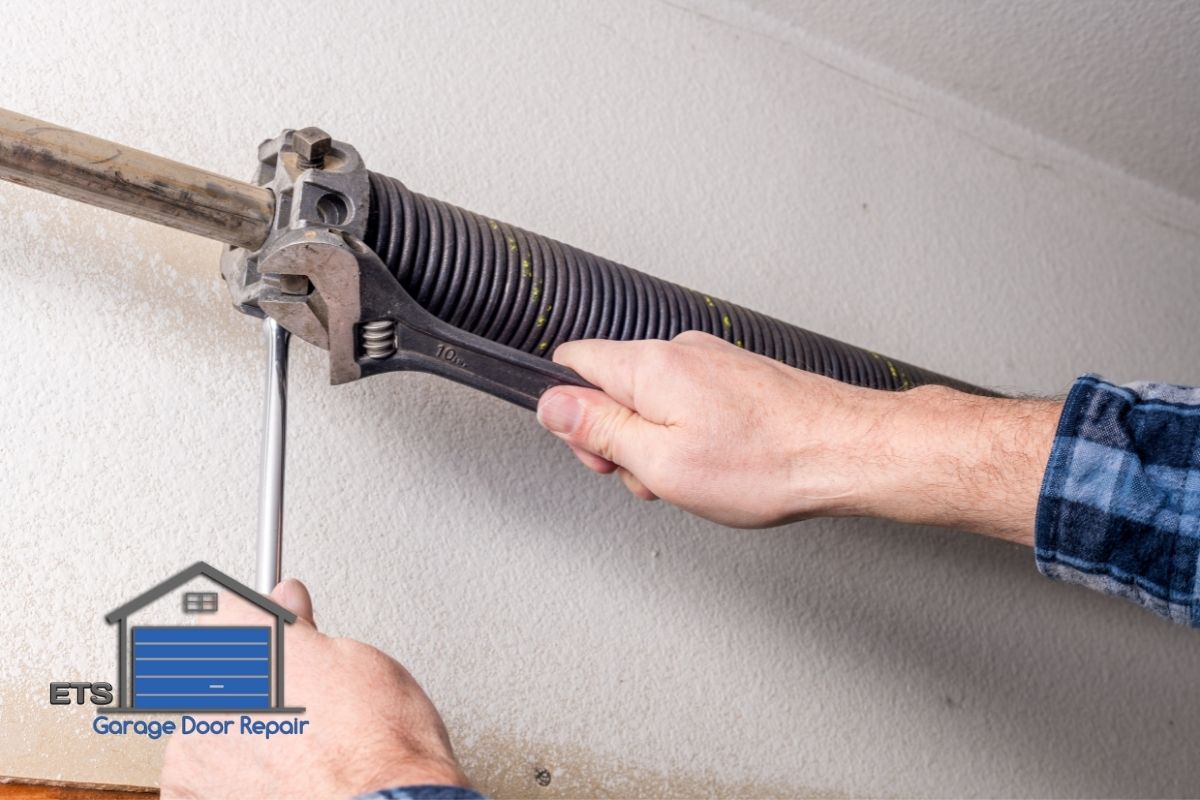If you would like a garage door to perform correctly, you must not regularly employ garage spring maintenance but also understand how the system works.
If you know what each component performs and how it fits into the overall design, you will be able to spot a problem as soon as it arises and contact a reputable garage door spring repair company.
As a result, knowing the most typical causes for these springs breaking and how long it takes to replace them will help you be prepared for unanticipated difficulties. Furthermore, you won’t have to worry about faulty garage door springs.
Table of Contents
Does A Garage Door Need A Spring?
A garage door system comprises two parts: springs and openers. These do, however, collaborate to guarantee that your garage door opens and shuts correctly.
In essence, your garage door requires a mechanism to maintain balance and counteract the weight of garage doors to work properly. It is accomplished by using sufficient Garage Door Springs.
Types Of Garage Door Springs
Garage door springs are divided into two types:
1. Extension Springs: Garage door extension springs are installed on both sides of the garage door track on both ends of the garage gate track. So when the gate is in movement, they stretch and contract with the help of cables and pulleys.
2. Torsion Springs: Torsion spring systems generally employ either one or two tightly wrapped springs. The springs are positioned horizontally on a steel shaft with cable drums on both ends.
The torsional spring is attached to the header wall above the garage door. It usually features a three-pronged support structure with a central bearing surface and two end bearing plates on each end.
3. Regardless of the kind, your garage springs are responsible for assisting the door in raising and lowering. The springs get tenser when the garage door is lowered. The tension is relieved as you lift the garage door, and the spring helps you lift it.
It’s important to note that when your garage door closes, your garage door springs are at their most tense. Consequently, most garage door springs snap when the door is closed. So, when Spring Fails while the door is open, it might cause the door to come tumbling down. That’s why it’s crucial to never step beneath a moving door.
Those springs are necessary for the proper opening and closing of your garage, particularly if you have two. Because household openers normally do not have much energy, you should not operate your garage door opener without any springs.
Garage door springs are utilized to raise the weight and give equilibrium, so your opener doesn’t perform much lifting.
How Do Your Garage Door Springs Function?
One of the most crucial parts of your garage door is the garage door spring. It is in charge of supporting the full weight of your garage door.
Your garage doors would be extremely heavy, if not unattainable, to raise without it, even if your openers could commence autonomous operations.
- Though they serve the same purpose, torsion and extension springs operate differently. When you raise your door to open it, the torsional springs unwind, and the accumulated tension lifts the door by rotating the shaft, which then spins the wire drums, wrapping the wires all around the wire drum’s cables. The wires untie from the drums, and the springs are reset to full pressure when the gate is lowered to shut.
- Extension springs work using a set of pulleys and counterweight cables that go from the lower corner hooks to the pulleys to raise your gate. The extension springs flex and raise the door as pressure is removed whenever you open your gate.

How Do Your Garage Door Springs Function?
How Frequently Do Garage Door Springs Fail?
Garage door springs are normally long-lasting, especially if correctly fitted and of good quality. As a result, you shouldn’t expect your springs to fail frequently.
There are some things to bear in mind, though:
- Torsion and extension springs have different lifespans, with the former endure up to 20,000 cycles while the latter enduring roughly 10,000. As a result, once they’ve gone through their normal processes, they’re more prone to have problems.
- More precisely, if you open your garage gate thrice a day, you can anticipate the springs will last up to 14 years. However, you should anticipate your garage gate springs should last five to seven years if you open them six times a day. Ultimately, the springs will last three to 5 years if you open them multiple times a day.
Bottom Line
Like any other item used often, your garage door springs will ultimately wear out. That’s why it must be inspected and maintained regularly. Garage door springs are under much force, and if they break, they can cause injuries and accidents.
ETS Garage Door LLC provides this sort of garage door service. They do routine garage door inspections, tune-ups, and maintenance services to ensure that you are not inconvenienced by the abrupt failure of your springs. They also ensure they endure if possible, saving you money on maintenance and replacements.















Leave A Comment